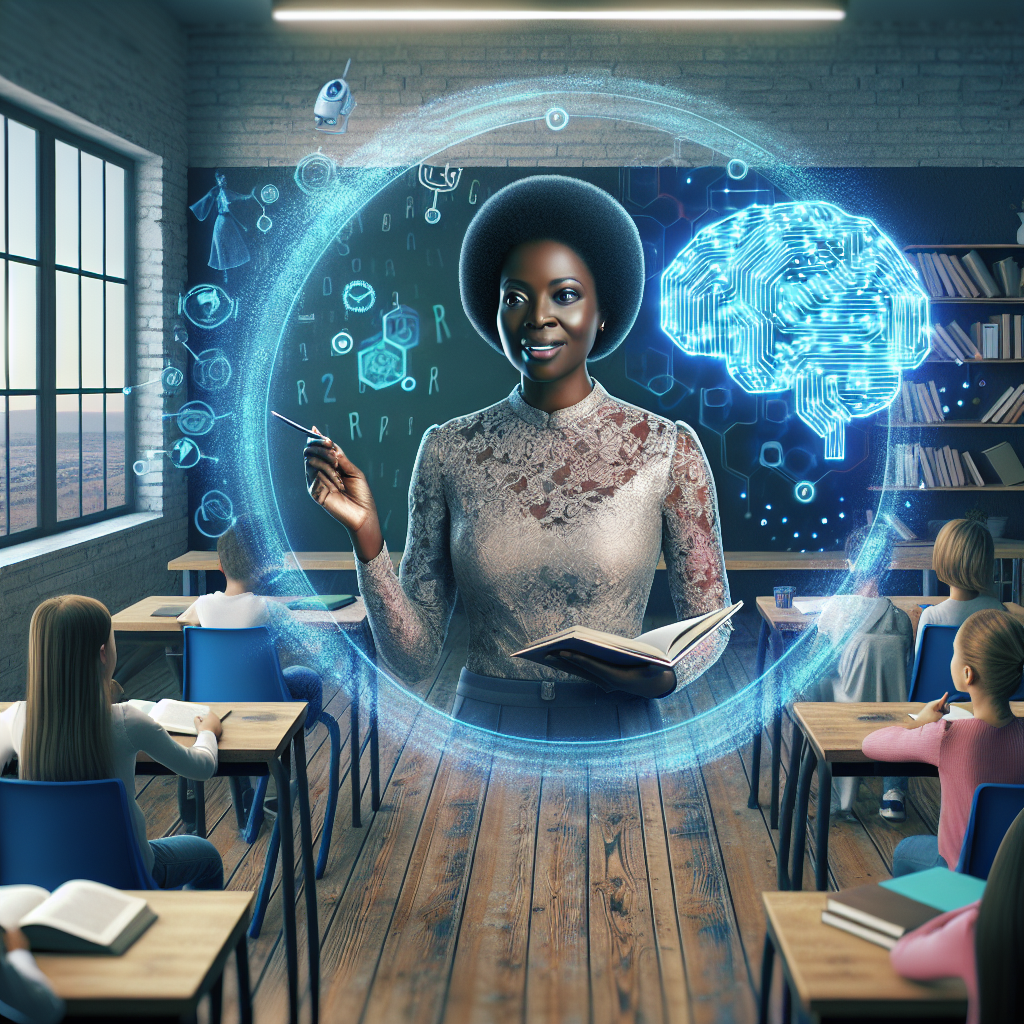In recent years, artificial intelligence (AI) has been increasingly used in educational settings to enhance student learning. AI technology has the potential to revolutionize the way students learn by providing personalized learning experiences, identifying areas where students may be struggling, and offering real-time feedback to help students improve their performance. In this article, we will explore how AI is being used to enhance student learning, the benefits of using AI in education, and some frequently asked questions about AI in education.
How AI is Enhancing Student Learning
AI technology is being used in a variety of ways to enhance student learning. One of the most common uses of AI in education is in the development of personalized learning experiences. AI algorithms can analyze data on a student’s learning style, preferences, and performance to create customized learning paths that cater to their individual needs. This allows students to learn at their own pace and in a way that is most effective for them.
AI is also being used to identify areas where students may be struggling. By analyzing data on a student’s performance, AI algorithms can pinpoint specific topics or concepts that a student is having difficulty with. This information can then be used to provide targeted interventions to help the student improve their understanding and performance in those areas.
Another way that AI is enhancing student learning is by providing real-time feedback. AI algorithms can analyze student responses to questions or assignments and provide immediate feedback on their performance. This allows students to quickly identify areas where they may need to improve and make adjustments to their learning strategies.
Benefits of Using AI in Education
There are many benefits to using AI in education to enhance student learning. One of the main advantages of AI technology is its ability to provide personalized learning experiences. By tailoring learning experiences to individual students, AI can help students learn more effectively and efficiently.
AI technology can also help teachers by providing valuable insights into student performance. By analyzing data on student learning, AI algorithms can identify trends and patterns that can help teachers better understand their students’ needs and make informed decisions about how to support their learning.
Additionally, AI technology can help to bridge the gap between traditional classroom instruction and online learning. By providing personalized learning experiences and real-time feedback, AI can help students learn in a more interactive and engaging way, regardless of whether they are in a physical classroom or learning remotely.
Frequently Asked Questions about AI in Education
Q: Will AI replace teachers in the classroom?
A: While AI technology is becoming increasingly prevalent in education, it is unlikely to replace teachers entirely. AI can help teachers by providing valuable insights into student performance and offering personalized learning experiences, but human teachers will always play a critical role in supporting students’ social and emotional development.
Q: Is AI ethical in education?
A: The ethical use of AI in education is a complex issue that requires careful consideration. It is important to ensure that AI technology is used in a way that respects students’ privacy and autonomy, and that decisions made by AI algorithms are transparent and fair.
Q: How can AI help students with special needs?
A: AI technology can be particularly beneficial for students with special needs. By providing personalized learning experiences and targeted interventions, AI can help students with disabilities or learning difficulties to access the support they need to succeed in school.
Q: What are the limitations of AI in education?
A: While AI technology has the potential to enhance student learning, there are some limitations to its use in education. AI algorithms may not always be able to accurately assess more complex skills such as critical thinking or creativity, and there are concerns about data privacy and security when using AI technology in educational settings.
In conclusion, AI technology has the potential to revolutionize the way students learn by providing personalized learning experiences, identifying areas where students may be struggling, and offering real-time feedback to help students improve their performance. By harnessing the power of AI in education, we can create more engaging and effective learning experiences for students of all ages and abilities.

